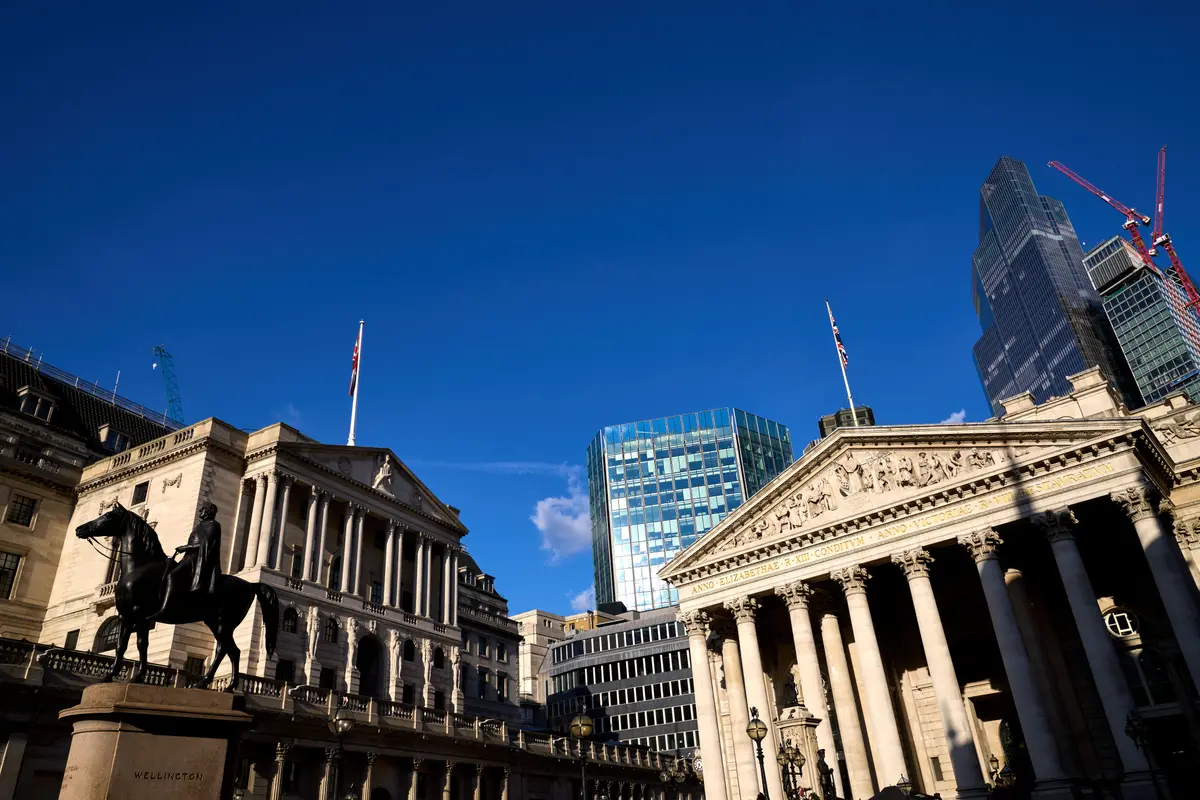ECB, BoE Raise Rates By Half A Percentage Point
On Thursday, the European Central Bank (ECB), the Bank of England (BoE), and the Swiss National Bank (SNB) all decided to increase interest rates by 0.5 percentage points, following the Federal Reserve's choice to make consecutive raises of 0.75%.

Facts
- On Thursday, the European Central Bank (ECB), the Bank of England (BoE), and the Swiss National Bank (SNB) all decided to increase interest rates by 0.5 percentage points, following the Federal Reserve's choice to make consecutive raises of 0.75%.
- Christine Lagarde, the ECB president, has promised at least two more 0.5 percentage point increases in February and March, and has claimed that Europe has "longer to go" than the Fed in terms of policy and action. Meanwhile, BoE governor Andrew Bailey stated the UK's tight labour market, in combination with rises in wages and prices, justified "further forceful monetary policy."
- Annual consumer inflation reached 11.1% in the UK in November and dipped to 10.7% in October. In Europe, consumer inflation hit 10.6% in October before decreasing to 10% in November.
- After the announcements from the ECB and the BoE, the British FTSE 100 finished the day down 0.93%, while the German Dax declined 3.23% and the French Cac dropped by 3.18%.
- The BoE's rate is now at 3.5%, a 14-year high after nine successive increases. The ECB rate currently sits at 2% after four consecutive increases — the highest since the onset of the 2008 financial crisis. It has been predicted that the BoE will reach 4.25% in the first half of 2023, while the ECB will hit over 3%.
Sources: Wall Street Journal, FT, CNN, Independent, and AFR.
Narratives
- Pro-establishment narrative, as provided by Fortune. There were many factors that contributed to the catastrophic economic landscape of 2022. As inflation has run rampant and Western tension with Russia has increased once again, many see some form of European recession in 2023 as a near-certainty. However, inflation numbers in Europe and the US are edging down, albeit tentatively, and there may be light at the end of the tunnel.
- Establishment-critical narrative, as provided by WSWS. The cause of price hikes and the need to increase interest rates has not been the result of wage rises, as central banks have pointed to. Rather, blame can be placed on the inability of capitalist governments to deal with COVID, the US-led NATO war against Russia in Ukraine, giant corporations keeping mass profits, and the pumping of trillions of dollars and euros into the financial system. Workers' wage demands are not being met, and the working class are continuing to suffer under the current global economic system.






